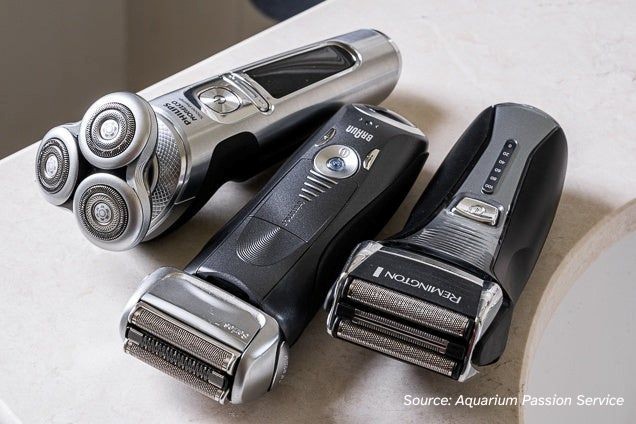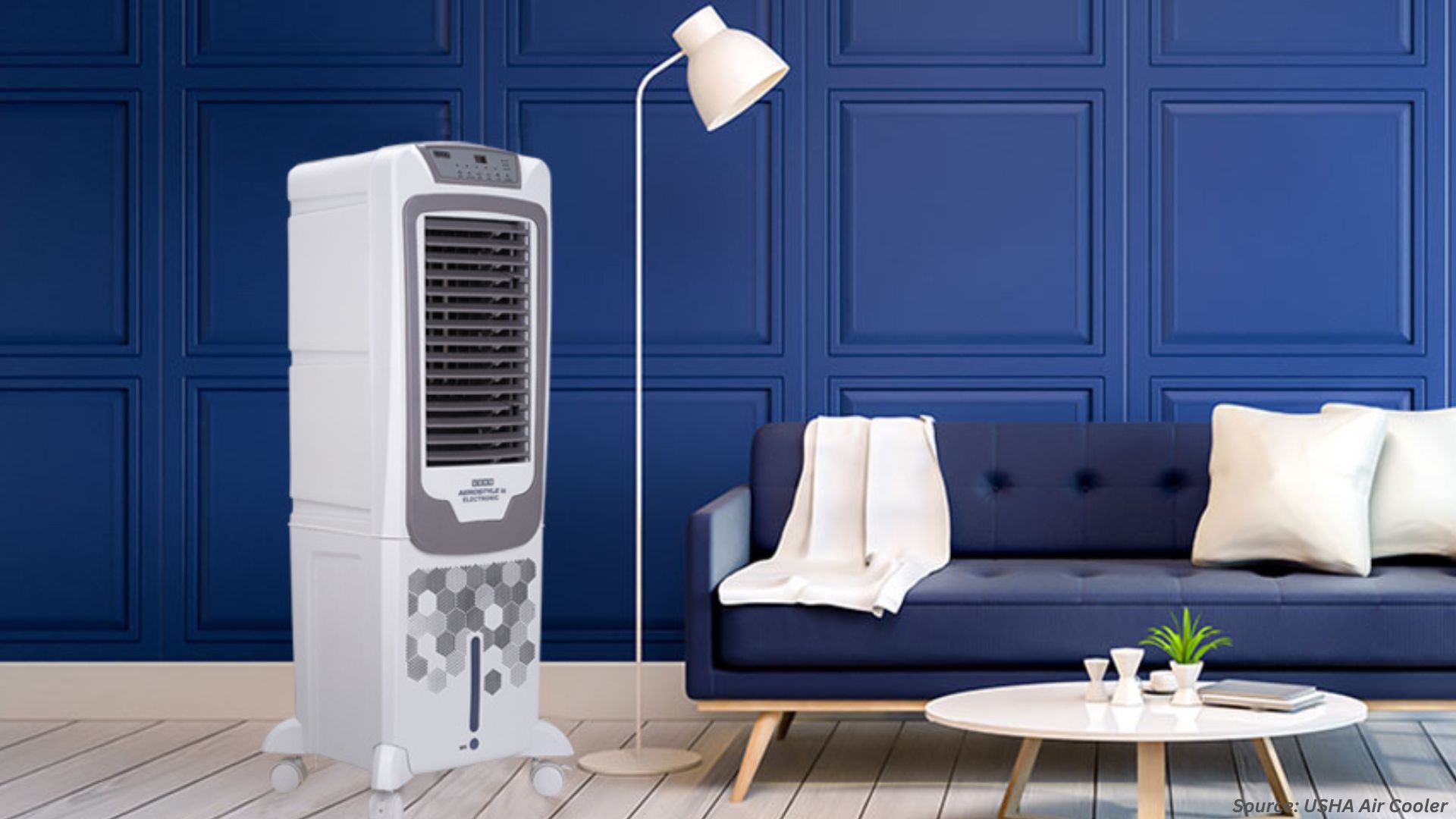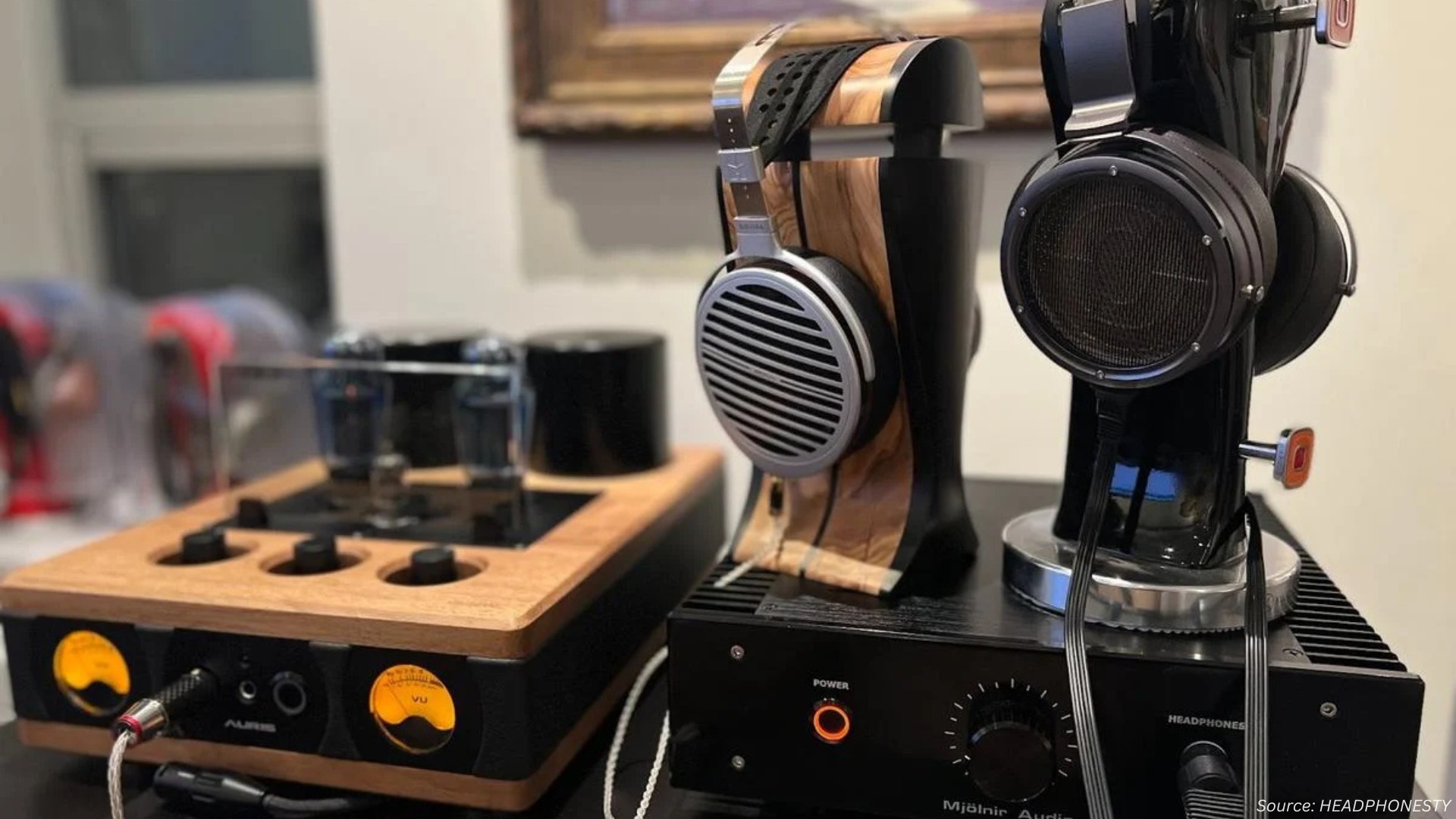Key Technologies Shaping Smarter and Sustainable Shavers in the US
Published: 2025-09-05

Electric shavers, also known as electric razors, are grooming devices designed to provide a quick, convenient, and effective way to shave or trim facial and body hair. Unlike traditional manual razors, electric shavers rely on rotating or oscillating blades powered by an electric motor. They offer several advantages, including reduced skin irritation, ease of use, and the ability to shave both dry and wet, making them a popular choice among consumers.
According to Next Move Strategy Consulting (NMSC), the U.S. Electric Shaver Market size was valued at USD 4.62 billion in 2024 and is expected to reach USD 5.23 billion by the end of 2025. The industry is projected to grow, hitting USD 7.87 billion by 2030 with a CAGR of 8.52%.
Additionally, in terms of volume, the U.S. electric shaver market revenue was 402,93 thousand units in 2024 and is projected to reach 46755 thousand units by 2025. Additionally, the industry is expected to continue its growth trajectory, reaching 78210 thousand units by 2030, with a CAGR of 10.8% between 2025 and 2030.
In the ever-evolving personal care industry, electric shavers have become a household staple, redefining grooming routines for millions of consumers across the U.S. As one of the leading segments within the broader grooming sector, the electric shaver sector in the U.S. has experienced a transformation driven by technological advancements, changing consumer preferences, and innovative marketing strategies. The introduction of cutting-edge features, such as AI-driven smart technology, improved battery life, and skin-sensing mechanisms, has elevated the electric shaver beyond a simple grooming tool into a personalized, high-tech solution.
Need an in-depth analysis of U.S Electric Shaver Industry? Download FREE Sample Now!
The U.S. electric shaver market growth is driven by the increasing importance of personal grooming and the shift toward more technologically advanced solutions. These products not only cater to the needs of men but are also increasingly designed for women, contributing to an expanding market base.
AI Takes Grooming to the Next Level
A prominent factor in the U.S. electric shaver market trends is the integration of artificial intelligence (AI) and smart features. Brands are utilizing advanced algorithms to analyze users' shaving patterns, skin types, and hair thickness, allowing the razor to automatically adjust its performance for a smoother, more efficient shave.
In May 2025, Philips launched its AI-powered Series 7000, i9000, and i9000 Prestige Ultra model, equipped with SkinIQ technology. This innovation provides AI-powered adjustments based on individual skin and beard types, marking a significant step toward personalized grooming. With this launch, Philips is catering to the growing demand for smart, high-performance grooming devices in the U.S. electric shaver industry.
Additionally, the use of smart sensors is becoming increasingly common. These sensors monitor skin sensitivity and adjust the shaving speed or intensity accordingly, offering a more personalized and gentle shaving experience. For users with sensitive skin, these innovations provide significant relief from common issues like razor burns and nicks.
Eco-Friendly Designs Winning Consumer Trust
Eco-friendly designs and sustainability are becoming increasingly important in the U.S. electric shaver market demand as consumers grow more environmentally conscious. Companies are prioritizing energy-efficient products made from recyclable materials to reduce long-term waste.
Additionally, the development of long-lasting batteries, which minimize the need for frequent replacements, further enhances the sustainability of these devices. In 2024, Panasonic launched the Palm Shaver, a luxurious and compact five-blade grooming tool made with sustainable NAGORI material, derived from sea minerals.
The Palm Shaver reduces plastic usage by 40% compared to conventional grooming products, demonstrating Panasonic's commitment to both personal care and environmental sustainability. This innovation caters to the rising demand for eco-friendly, high-performance grooming solutions in the U.S. electric shaver industry.
Battery Innovations Powering Long-Lasting Shaves
Advances in battery technology are significantly transforming the U.S. electric shaver market. Lithium-ion batteries, known for their extended lifespan and fast charging capabilities, are quickly becoming the industry standard. Many modern electric shavers now feature longer cordless use, offering users greater freedom and convenience.
Fast-charging technology, enabling a full charge in under an hour, enhances the user experience by ensuring the devices are always ready for use. Electric shavers equipped with advanced lithium-ion batteries deliver long-lasting power, rapid recharge times, and reliable performance.
Compared to older battery types, lithium-ion batteries provide up to 90 minutes of use, eliminate memory issues, and offer the added convenience of USB-C charging. When properly maintained, these batteries contribute to the overall efficiency and user satisfaction of modern electric shavers.
The Role of E-Commerce and Changing Marketing Strategies
E-commerce revolutionized the way electric shavers are marketed and sold, offering consumers the convenience of shopping for personal care devices online. This allows shoppers to easily compare features, prices, and reviews before making a purchase decision. The shift toward online shopping has also fuelled the rise of direct-to-consumer (DTC) brands, which offer competitive pricing and targeted marketing strategies.
According to the U.S. Census Bureau, e-commerce sales in the first quarter of 2025 rose by 6.1% compared to the same period in 2024, reflecting a strong shift toward online retail. E-commerce now accounts for 16.2% of total retail sales, highlighting the continued growth of online shopping in the consumer goods market.
Brands like Dollar Shave Club and Harry's, initially focusing on shaving products for men, have revolutionized the industry with subscription-based services, offering razor blades and grooming products delivered directly to customers’ doors. This direct-to-consumer model not only boosts convenience but also fosters brand loyalty.
In addition to DTC sales, influencer marketing has become a powerful tool for electric shaver brands. Influencers, particularly in the grooming and lifestyle sectors, can reach large audiences and drive product adoption. Through sponsored content, video demonstrations, and honest reviews, influencers are shaping consumer perceptions and influencing purchasing decisions.
Socio-Economic Factors Influencing Market Demand
The growing disposable income of U.S. consumers is a key driver behind the increasing demand for premium electric shavers. As consumers are more willing to invest in high-quality grooming products that offer efficiency, convenience, and durability, the U.S. electric shaver market is seeing a surge in sales.
Additionally, grooming trends, especially the rise of beard grooming and self-care routines among men, are further fueling the demand for electric shavers. According to estimates from the U.S. Bureau of Economic Analysis in 2025, disposable personal income (DPI) rose by USD 61.0 billion (0.3%), and personal consumption expenditures (PCE) increased by USD 69.9 billion (0.3%), indicating that Americans are not only earning more after taxes but are also spending more on premium personal care products.
As more individuals prioritize self-care and personal grooming, the role of electric shavers in daily routines has become more prominent. This cultural shift is fuelling growth in the U.S. electric shaver market, especially as consumers seek ways to streamline their grooming habits with advanced technology.
Looking Ahead: Future of the U.S. Electric Shaver Market
The future of the U.S. electric shaver market looks promising, driven by technological innovations such as smart shavers, enhanced skin care features, and longer battery life, alongside a growing demand for eco-friendly designs. As consumers increasingly prioritize sustainability, these features are expected to play a larger role in shaping the next generation of products.
However, the U.S. electric shaver industry also faces challenges, including heightened competition, pricing pressures, and the constant need to innovate to meet evolving consumer preferences. Companies that successfully balance cutting-edge technology, sustainability, and personalized experiences will be well-positioned for future growth. With AI, improved battery technology, and smart features at the forefront, electric shavers are set to become not just grooming tools, but integral components of personalized self-care routines.
About the Author
 Mayurima Roy is a seasoned researcher with over two years of experience, specializing in various industry verticals such as Pet apparels, recycling market, and consumer electronics. With a strong passion for writing, she views blogging as a valuable platform to share her industry insights and expertise. Outside of tracking market trends and developments, Mayurima enjoys crafting, cooking, and exploring her creativity through photography.
Mayurima Roy is a seasoned researcher with over two years of experience, specializing in various industry verticals such as Pet apparels, recycling market, and consumer electronics. With a strong passion for writing, she views blogging as a valuable platform to share her industry insights and expertise. Outside of tracking market trends and developments, Mayurima enjoys crafting, cooking, and exploring her creativity through photography.
About the Reviewer
 Debashree Dey is a skilled Content Writer, PR Specialist, and Assistant Manager with strong expertise in Digital Marketing. She specializes in crafting visibility strategies and delivering impactful, data-driven campaigns. Passionate about creating engaging, audience-focused content, she helps brands strengthen their online presence. Beyond work, she draws inspiration from creative projects and design pursuits.
Debashree Dey is a skilled Content Writer, PR Specialist, and Assistant Manager with strong expertise in Digital Marketing. She specializes in crafting visibility strategies and delivering impactful, data-driven campaigns. Passionate about creating engaging, audience-focused content, she helps brands strengthen their online presence. Beyond work, she draws inspiration from creative projects and design pursuits.
















Add Comment